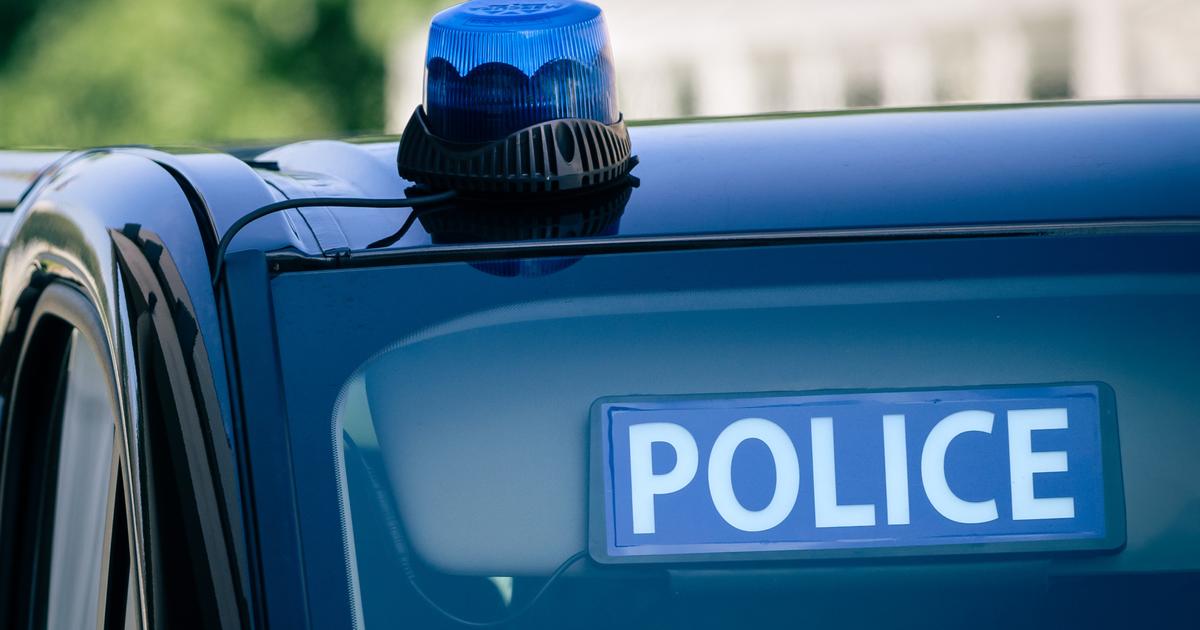A truck is towed in front of Parliament in Ottawa on February 19. PATRICK DOYLE (REUTERS)
After 23 days of occupation by truck drivers opposed to compulsory vaccination and groups against various sanitary measures, the Canadian capital regains calm.
The security forces arrested between Friday and Sunday 196 people and towed 115 vehicles.
The operation is giving the expected results, but the bill for Ottawa in police expenses is not light.
The mayor, Jim Watson, proposes a way to reduce it: make money with the confiscated trucks and cars.
"Ottawa taxpayers should not be paying this multi-million dollar bill for the irresponsibility and illegal activities of truckers and other groups who showed little regard for our community and its people," Watson told CTV News on Sunday.
The demonstrations caused substantial losses to businesses in the Canadian capital.
The Government of Justin Trudeau announced a support program for the sector.
The plan contemplates 20 million Canadian dollars (about 15.7 million US dollars);
each trader may request a maximum of $10,000.
The money that the city has had to allocate to its police force in these three weeks of occupation is far from light.
The city government reported that during the first 18 days of the crisis, the costs of the police service exceeded 14 million dollars (on average, about 785,000 dollars per day).
However, the injection of resources continued.
Other law enforcement agencies, including the Royal Canadian Mounted Police and the Ontario and Quebec police forces, provided support in the operation to end the occupation.
Steve Bell, interim chief of the Ottawa police, said on Saturday that the plans are on the right track, but that there is still a long way to go.
For example, it is necessary to remove all the objects left by the blockades and watch so that the protesters do not return.
Mayor Watson said the Emergencies Act "gives the power to impound towed vehicles and put them up for sale."
The piece of legislation, approved in 1988, stipulates in one of its parts that it is possible to “requisition, control, confiscate, use and dispose of goods or services”.
The federal government has not yet ruled on Watson's proposal.
Currently, the owners of these transport units can recover them within a period of seven days, as long as they cover the costs of the towing and the fines they have received.
The Emergencies Law, launched by the Trudeau government to deal with this crisis, also allows money belonging to the so-called "freedom caravan" to be blocked.
Marco Mendicino, Federal Minister of Public Security, reported this Sunday that 76 bank accounts have been frozen;
more than 3.2 million dollars in total.
The protesters not only harmed the inhabitants of the Canadian capital and affected their public coffers.
The border crossings at Coutts, Alberta, and Emerson, Manitoba, were disrupted by the protests.
Also the Ambassador Bridge, which connects Windsor (Ontario) with Detroit (Michigan), was blocked for several days.
25% of the trade between Canada and the United States passes through there.
On a typical day, between 8,000 and 10,000 trucks cross this border bridge.
Subscribe here to the EL PAÍS América
newsletter
and receive all the key information on current affairs in the region

/cloudfront-eu-central-1.images.arcpublishing.com/prisa/77PMUZV4XRW2XGUAAYOAQZB2T4.jpg)






